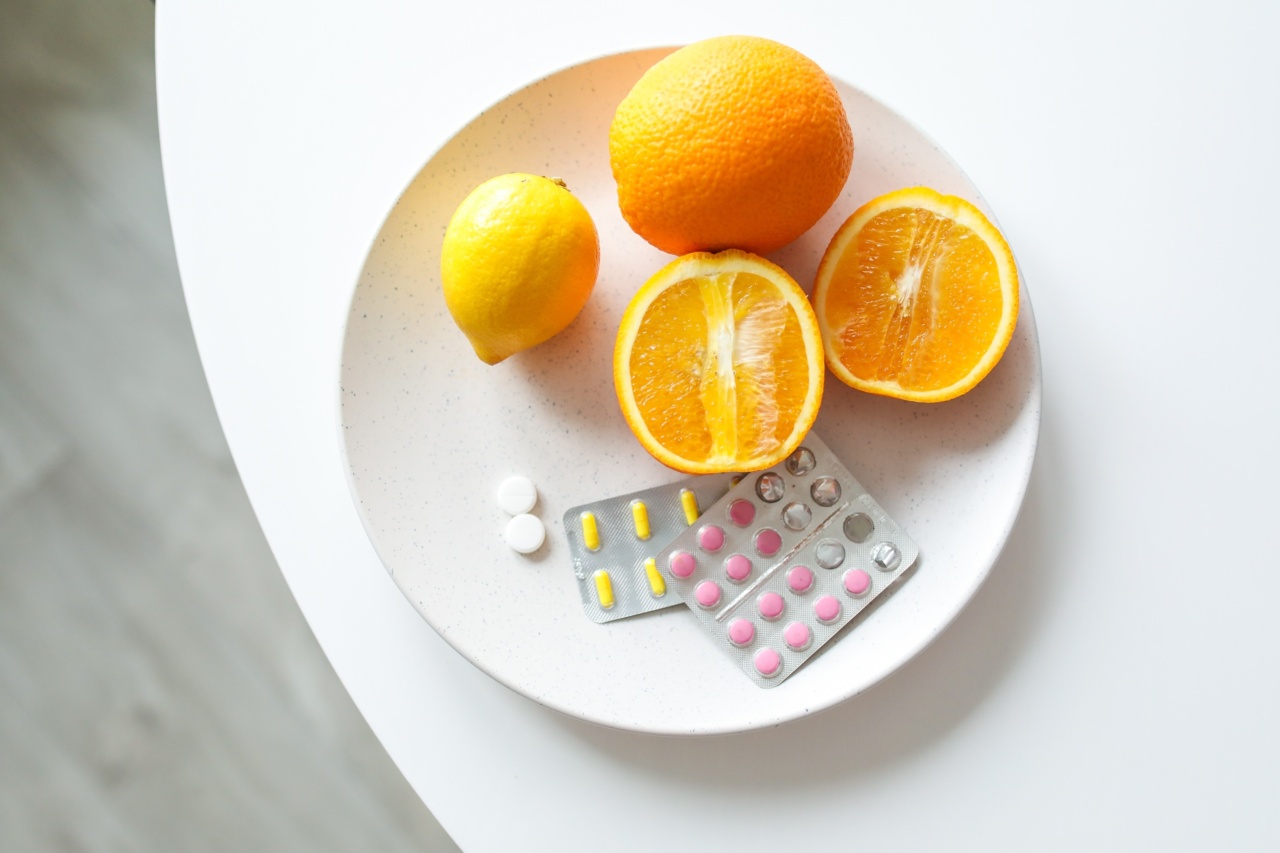Many of us know that fruits are a vital source of vitamins, minerals, and antioxidants that our body needs to function at its optimal level. However, what most people do not know is that many fruits can also have a surprising impact on drug absorption.
Although fruits are a great addition to our diets, mixing them with certain drugs can have effects on the absorption and metabolism of the medication.
This is due to the fact that fruits contain compounds called flavonoids and furanocoumarins that can affect the way our body processes certain drugs.
Grapefruit and its juice
Grapefruit is notorious for its interaction with many drugs, especially those used to treat high blood pressure and cholesterol.
Grapefruit and its juice contain compounds that block the action of enzymes in the digestive system that break down certain drugs. When these enzymes are blocked, the drug is not broken down and eliminated from the body, which results in increased levels of the drug in the bloodstream. This can lead to toxicity and severe side effects.
The interaction between grapefruit and drugs can last for up to 72 hours after ingestion, making it important to avoid this fruit when taking medication.
It is also crucial to check with your healthcare provider before consuming grapefruit or its juice along with any medication.
Pomegranate
Another fruit that can affect drug absorption is pomegranate, which has been shown to interact with medications used to treat cardiovascular diseases, cancer, infections, and water retention.
Pomegranate contains compounds that inhibit the activity of enzymes responsible for breaking down certain drugs in the liver, which can result in increased drug levels in the bloodstream.
In some cases, the interaction between pomegranate and medication can lead to adverse side effects such as dizziness, nausea, and vomiting.
It is recommended to avoid consuming pomegranate or its juice when taking medication, or to consult with a healthcare professional to determine the safety of consuming both.
Other Fruits
While grapefruit and pomegranate are the most notorious for their interaction with drugs, other fruits can also impact drug absorption. Examples of these fruits include:.
Oranges and Apples
Oranges and apples are high in a compound called hesperidin, which can increase the absorption of some medications by inhibiting the activity of certain enzymes responsible for breaking down drugs in the gut and liver.
Kiwi
Kiwi has been shown to interact with some medications used to treat blood clots and inflammation.
The fruit contains a compound called actinidin that can increase the absorption of these medications, leading to an increased risk of bleeding and other adverse effects.
Conclusion
In conclusion, fruits are an essential part of a healthy diet, but it is important to be aware of their potential interaction with medication.
Some fruits can affect drug absorption by inhibiting the activity of enzymes responsible for breaking them down in the gut and liver.
If you are taking medication, it is essential to check with your healthcare provider regarding the safety of consuming certain fruits and their juice along with your medication.






























